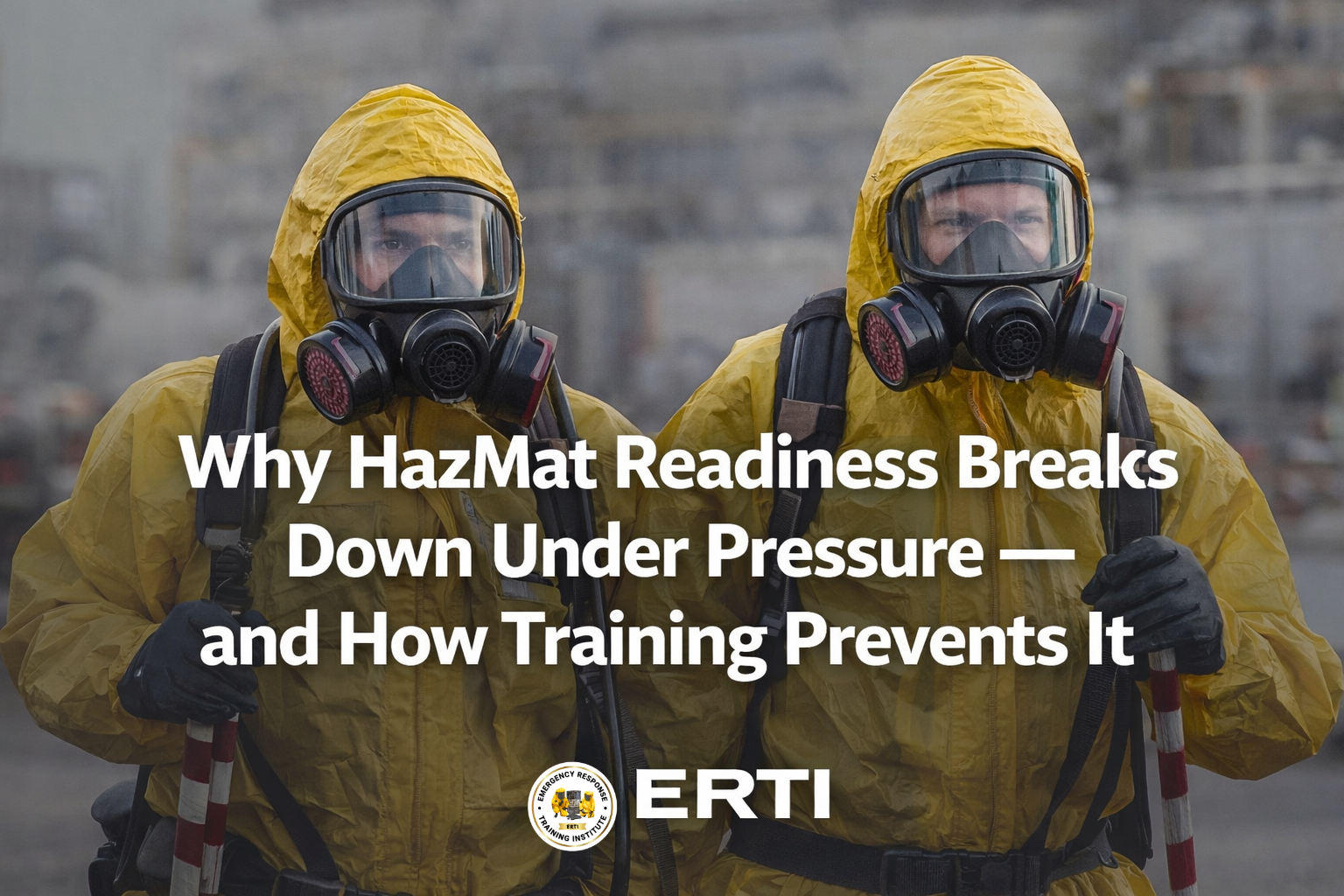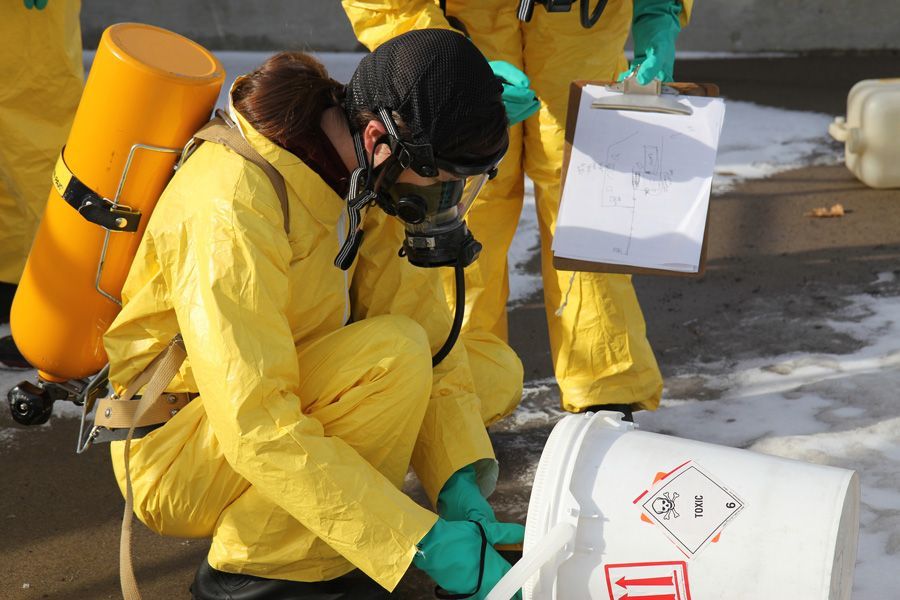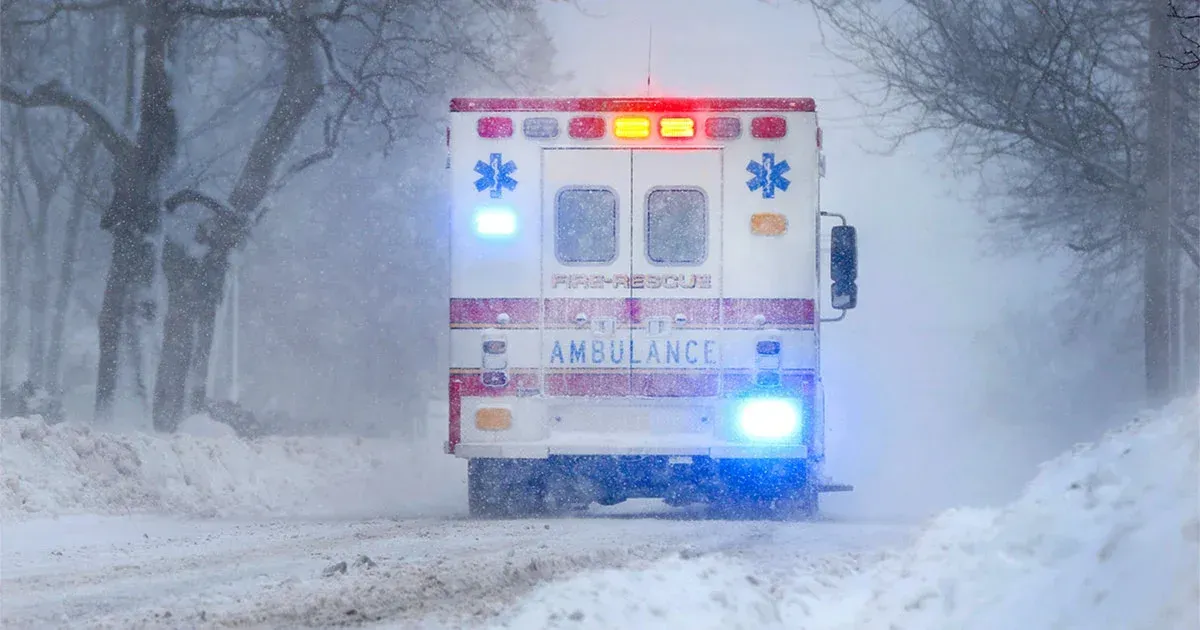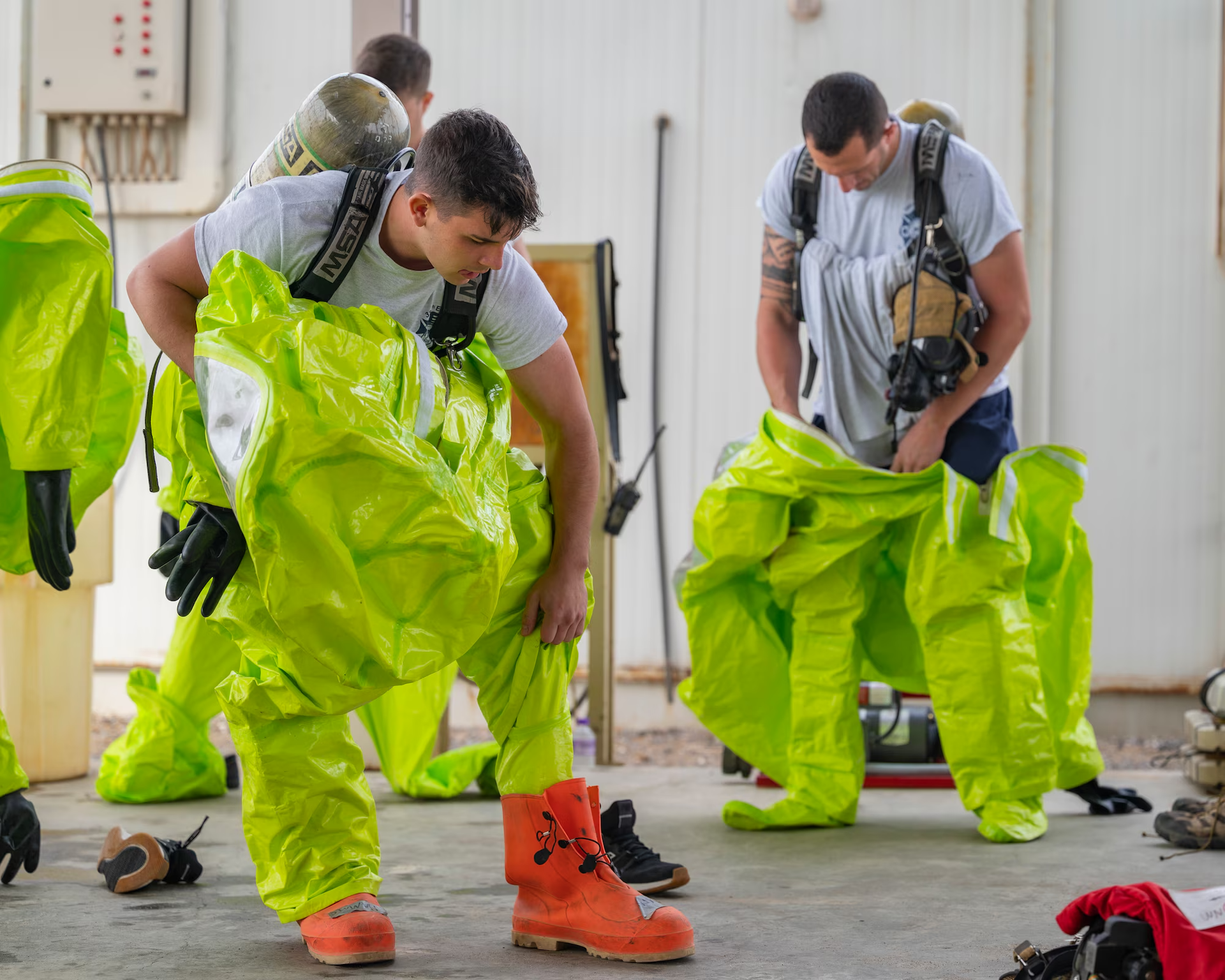Proper battery disposal is crucial for protecting our environment and health. By taking the time to dispose of batteries correctly, we can reduce the risk of hazardous waste events and ensure a cleaner, safer future for generations to come.

Batteries have become an integral part of our daily lives, powering everything from our smartphones and laptops to our vehicles and household appliances. However, when it comes to disposing of these batteries, many people are unaware of the potential hazards they pose to the environment and human health. Improper battery disposal can lead to serious consequences, including soil and water contamination, as well as the release of toxic chemicals into the air we breathe. In this blog post, we will explore the importance of proper battery disposal and provide practical tips on how to dispose of various types of batteries safely.
The Environmental Impact of Improper Battery Disposal
When batteries are discarded in landfills or incinerated, they can release harmful chemicals and heavy metals into the environment. These substances, such as lead, mercury, and cadmium, can contaminate soil and water sources, posing a significant threat to wildlife and ecosystems. Moreover, when batteries are incinerated, they can release toxic fumes into the air, contributing to air pollution and potentially causing respiratory issues for those living in nearby communities.
The Health Risks Associated with Improper Battery Disposal
In addition to the environmental impact, improper battery disposal can also pose serious health risks to humans. When batteries are discarded in the trash, they can leak hazardous chemicals that can come into contact with skin or be inhaled. Exposure to these chemicals can cause a range of health problems, from skin irritation and respiratory issues to more severe conditions such as kidney damage and cancer. Children and individuals with compromised immune systems are particularly vulnerable to these health risks.
How to Dispose of Different Types of Batteries
Alkaline Batteries (AA, AAA, C, D, 9V): While alkaline batteries are considered less harmful than other types of batteries, it is still important to dispose of them properly. Many cities and towns offer battery recycling programs, where you can drop off your used alkaline batteries at designated collection points. If your area does not have a recycling program, you can check with your local waste management company to see if they accept alkaline batteries in the regular trash.
Rechargeable Batteries (NiCd, NiMH, Li-ion): Rechargeable batteries contain toxic materials and should never be disposed of in the regular trash. Instead, look for battery recycling centers or retail stores that offer battery recycling services. Many electronics retailers, such as Best Buy and Staples, have battery recycling bins where you can drop off your used rechargeable batteries.
Automotive Batteries: Automotive batteries, such as those found in cars and trucks, contain lead and acid, making them extremely hazardous if not disposed of properly. Most auto parts stores and service stations will accept used automotive batteries for recycling. In some cases, you may even receive a small rebate for returning your old battery when purchasing a new one.
Lithium Batteries: Lithium batteries, commonly found in laptops, tablets, and smartphones, can be recycled through specialized recycling programs. Many electronics manufacturers, such as Apple and Dell, offer recycling programs for their products, including the batteries. You can also check with your local waste management company to see if they have a separate collection for lithium batteries.
Conclusion
Proper battery disposal is crucial for protecting our environment and health. By taking the time to dispose of batteries correctly, we can reduce the risk of hazardous waste events and ensure a cleaner, safer future for generations to come. Remember to always check with your local waste management company or recycling center for the most up-to-date information on battery disposal in your area. Together, we can make a difference in preserving our planet and protecting the health of our communities.










